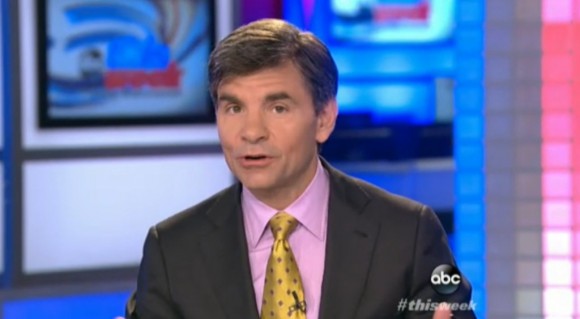By: Jay Loeffers
Hi everyone… Yes, this is a another profile of fine Americans throughout history. Today I will be sharing with you my favorite founding father, Benjamin Franklin and how this man invented many aspects of America that you take for granted today. Of course, I will speak of his early years working with the creation of the Constitution and his contribution to modern science, plus his humor and his business philosophy.
EARLY YOUTH AND THE PRINTED WORD
Franklin was born in Boston on January 17th, 1706. His father made soap and candles. Young Franklin grew up loving to read, swim, boat and write poetry. As a teenager, Franklin wanted nothing to do with his father’s business.
So, his father set him up with a bonded apprenticeship in his older brother’s service in the printing trades. With a very strict set of rules: no drinking, no gambling, no marriage and no buying or selling without his brother’s approval. Ben’s brother was jealous of him and had beaten him on many occasions.
Franklin at an early point in his apprenticeship, helped get a new newspaper started in 1721. At age 16, he started to write about principles of free government and he began writing about morals, philosophy and observations he had made, but he didn’t want his brother knowing it was him. So he created “Silence Dogood” as his pen name. This also revived his early patriot convictions. By 17, Franklin was the youngest full time printer in the colonies.
After the Boston magistrates arrested Franklin’s brother for what he printed in his paper and after suffering repeated abuses by his brother, Ben had had enough and walked away. He ran to Philadelphia. On his way there, he walked by his future wife’s home – one Deborah Read. She found him to be the most awkward looking man.
In Philly, Franklin found some work here and there. Then he met Governor Keith and as they talked, Ben started thinking of going to London. But he could not afford it. The governor said that he would help get Ben to London with a notary letter. Ben also wanted to borrow money from his family, but never got it. During this time as well, Deborah and Ben were getting to know each other. Franklin scraped up enough money to sail to London and was hoping the governor’s letter would help him. He arrived in London to find out the letter never came and was left to fend for himself.
It was not long before Franklin found printing work in London. His coworkers called him THE WATER AMERICAN, because instead of drinking beer for his lunch break, he drank water. He also went around teaching swimming to others.
Franklin produced a pamphlet entitled: “A DISSERTATION ON LIBERTY AND NECESSITY, PLEASURE AND PAIN. Ben was so busy in London that he had written very little to Deborah Read and forgot to sometimes. During his boat trip, he had met a Quaker businessman who wanted him to work for him as his clerk. Franklin was getting bored with London any way.
Back to Philly, Franklin went to rekindle his romance with Deborah, but was shocked to hear she was married to John Rogers after her friends urged her to do so. To her dismay, Mr. Rogers was already married to a another woman and spent her dowry and was soon broke. So, she left him and that marriage was invalidated.
Franklin worked for the merchant for a little while and then left him to go back to the printing business. He went to work for Sam Keimer. Ben didn’t like the guy, but needed the job (sound familiar anyone?). Franklin wound up being the shop manager.
Franklin and another employee left the Keimer shop to set out on their own but… one downside was that the other employee, Guy Hugh Meredith, had a wee small drinking problem. With that, Franklin bought out Hugh’s interest in the shop and was on his own. By the age of 25, he had a successful business and a great reputation in the colonies.
Franklin and Read had renewed their romance together and they were married on September 1st, 1730. Franklin found her to be a good and faithful helpmate. He kept writing on how married life was a contented life and the happiest of all possible conditions.
Franklin did have an out-of-wedlock child named William, who became a new Jersey governor. Sadly, a second child, Francis Folger Franklin, died of smallpox at age 4. Their 3rd child, Sally, would live to give Franklin 7 grandchildren.
The Franklin family business consisted of the main print shop and a small general store. They also took care of his wife’s mother. The Franklins practiced frugality as a virtue and his wife managed the store, bookkeeping and postal accounts, helping the print shop out.
Franklin’s printing shop produced the following:
– First German-American newspaper
– The constitutions of the Free Masons
– Published the first American novel: “Pamela” by Samuel Richardson
– Poor Richard’s Almanack
Franklin had also published letters to the editor under funny pen names, such as “Anthony Afterwit,””Celia Single”and “Alice Addertongue” and he sometimes wrote apposing sides to the same article.
Franklin was the one to invent the public access library system and was a self-taught language teacher and musician. Franklin had a self-improvement program that he practiced every day, called the 13 virtues.

















Mr. Franklin was indeed a Great Man in so many ways. I think he would be saddened to see what this Administration has done for over 3 1/2 years.